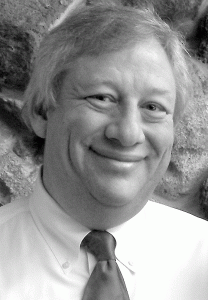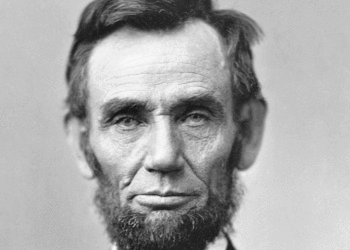We need to regroup, get back to work and attend to the most needy among us
By STEVE LEAR
In the wake of the housing crisis, the stock market meltdown, the credit market freeze, an overleveraged banking system, the Madoff scandal and others like it, I am compelled to ask the following question: What is the true purpose of money?
Is amassing wealth a goal in and of itself, a means by which to accumulate more luxuries or elevate one’s status in the community? Is money power? Is money’s primary purpose to provide opportunity?
The answer, of course, is different for each person. In my 28 years as a financial planner, I have had the opportunity to observe people and their relationship with money. I can tell you that, almost without exception, those who see money as a means by which to help others have the greatest level of contentment.
This leads me to believe that we can have no better reaction to these economic assaults than to do what we have always done in the wake of misfortune: We regroup, we get back to work and we attend to the most needy among us. To hold back now only adds to a jarring injury. We must continue to give according to the tradition of our teachings. We must continue to support our charitable organizations even now, when it means our personal standards of living may have to be compromised.
The formulas for charitable giving need not be complex. Here are some suggestions:
• Give at least 10 percent of your after-tax income to help others; if you can afford to give 20 percent, even better.
• If you are retired and no longer have earned income, give 5 percent of your unearned income and 1 percent of your net worth to charitable endeavors.
• Remember that the highest form of giving is to help someone earn a living.
• Don’t let your check be your only form of giving. Get involved in your community. We each have a mandate to repair the world.
• Give before being asked.
• Ask others to give; it compounds your own gift.
• Pay your charity monthly. It’s easier and it helps the recipient organizations with its cash flow.
• Consider capping your wealth. Once you have enough money to live comfortably for the rest of your life, and you have secured your desired financial legacy to your loved ones, consider giving the rest of your money to the community. Many find that increasing their giving creates far more contentment than increasing their possessions.Â
• Consider reducing your cap. Reconsider the amount that you need to leave to the next generation. There is a difference between making sure your children are cared for and making sure your children are wealthy.
• Always remember: You can’t take it with you.
Most people today are experiencing some level of financial anxiety; when this happens, giving levels tend to drop dramatically. This is understandable. For many, decreased giving will be a necessity rather than a choice. But decreased giving is a far cry better than not giving at all.
My friend and mentor, the late Al Tychman, and the former campaign executive of the Minneapolis Jewish Federation, Norm Fishman, taught me an important lesson. They solicited me for the Minneapolis Jewish Federation during what had been a bad year for me and I had planned to forego my gift that year. They convinced me otherwise.
They reminded me of the many people who were in far worse shape than I was. They helped me understand the crucial role each of us plays in meeting the needs of the community and the equally important role community plays in enriching our lives. They urged me to decrease my gift without eliminating it completely. I am grateful to both of them for that lesson.
As many others have suggested, this economic meltdown may prove to have a silver lining. Out of necessity, we may all need to reevaluate, recalculate and then respond to the best of our abilities.
***
Steve Lear is the founder of Nechama — Jewish Response to Disaster, and founder of The Challenge of Peace Speakers Bureau of the Jewish Community Relations Council of Minnesota and the Dakotas. He is president of Affiance Financial, LLC, providing financial planning services for those who plan to make a difference.
Sheri Lear helped Steve Lear with this article.





















Outstanding column. Thank you, Steve.